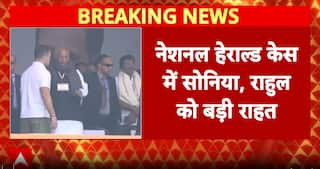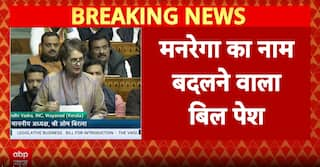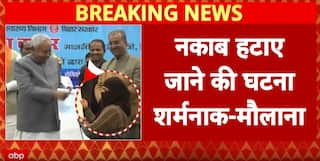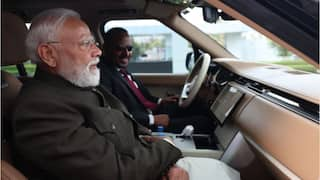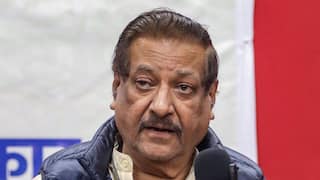Reducing Age Of Consent Will Have Negative Impact On Fight Against Child Marriage, Trafficking: Law Commission
The Law Commission asserted that any reduction in the age of consent would have direct and detrimental implications for the fight against child marriage and child trafficking.

The Law Commission has advised the Indian government against altering the current age of consent prescribed under the Protection of Children from Sexual Offences (POCSO) Act. Simultaneously, it has proposed introducing guided judicial discretion in sentencing for cases involving the tacit approval of children aged 16 to 18. The Law Commission submitted its report on this matter to the Ministry of Law and Justice, emphasising the necessity of amending the legislation to address situations where tacit approval, though not consent under the law, is observed among adolescents between 16 and 18 years of age. Presently, the age of consent in India stands at 18.
The commission asserted that any reduction in the age of consent would have direct and detrimental implications for the fight against child marriage and child trafficking, news agency PTI reported. It further advised that courts should exercise caution, even in cases where adolescent relationships exhibit a lack of criminal intent.
The Law Commission, in its report, categorically stated that "adolescents in the age bracket of 16 to 18 years still remain children who ought to enjoy higher protection of law, and the age of consent cannot be disturbed either by reducing it or introducing a limited exception", as quoted by news agency ANI.
Additionally, the report recommended that the age difference between the child victim and the accused be a relevant factor in the court's considerations. The commission proposed that if the age difference is less than three years, judicial discretion in sentencing could be introduced to address cases where genuine grievances exist.
A significant concern raised in the report is the potential prosecution of a child as an adult in cases of heinous offences under the Juvenile Justice (Care and Protection of Children) Act. Given that offences outlined in Sections 3 and 7 of the POCSO Act are of a heinous nature, there is a risk that a child involved in consensual sexual activity might be tried as an adult, the panel highlighted.
The Law Commission suggested amendments to the Juvenile Justice Act to ensure that, in cases of romantic relationships, children are not treated as adults and receive the benefits of a trial in line with the Juvenile Justice Act.
Law Commission On 'One Nation, One Election'
The Law Commission also addressed the concept of "One Nation One Election" in its report, highlighting the need for further consultations. It noted that certain Constitutional amendments would enhance the effectiveness of this electoral reform.
According to the commission, the primary benefit of "One Nation One Election" is that it would encourage wiser voting by allowing elections to occur after substantial periods, preventing continuous deployment of security forces. The commission held extensive consultations with the Election Commission of India (ECI), which would be responsible for executing such a process. The ECI expressed its confidence in implementing and executing this electoral reform given adequate time.
Furthermore, the Law Commission is reportedly developing a formula to synchronise all assembly elections with Lok Sabha elections, commencing in 2029. This effort aligns with the government's initiative to explore simultaneous elections for Lok Sabha, state assemblies, and local bodies, PTI reported sources as saying. The Law Commission may also be tasked with addressing the synchronisation of the third tier of elections alongside its existing mandate for national and state-level polls, it stated.
As per PTI sources, the commission is devising a mechanism to create a unified electoral roll for Lok Sabha, state assemblies, and local bodies. This move aims to reduce costs and streamline manpower usage by eliminating the need for near-identical exercises conducted by the Election Commission and various state election commissions.
ALSO READ | Women's Reservation Bill Becomes Law After President Droupadi Murmu's Assent
Subscribe And Follow ABP Live On Telegram: https://t.me/officialabplive










